Recommended Apps for Learning Chemistry
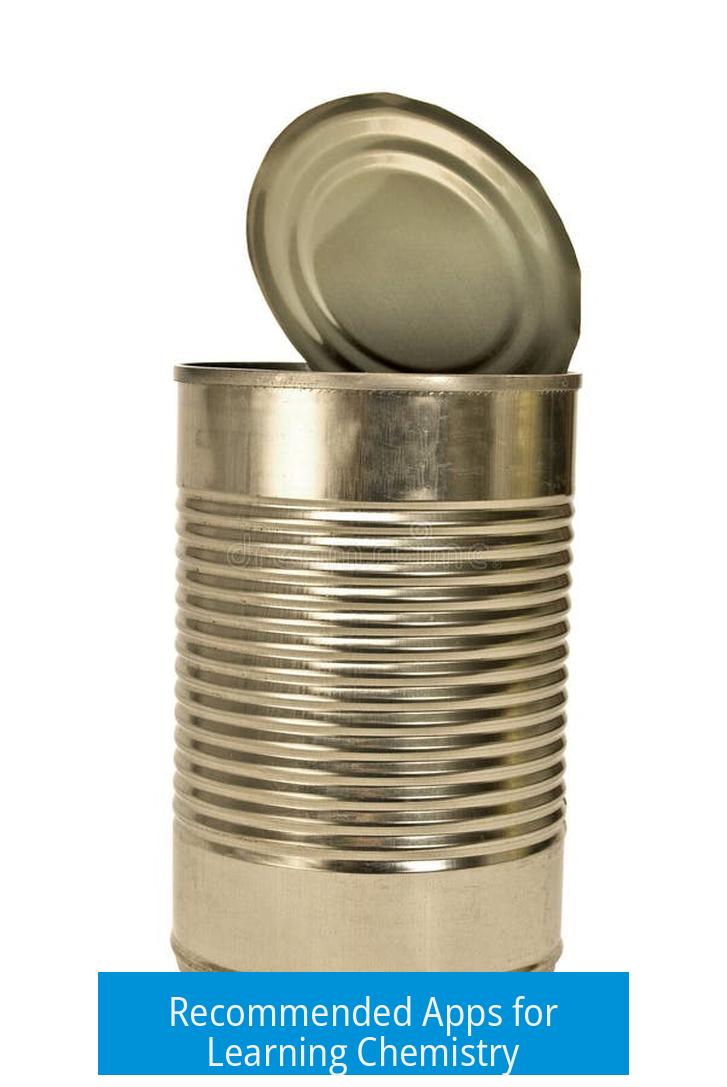
Crash Course app stands out as a leading choice for chemistry learning. It offers a large bank of interactive questions—about 1,050—covering various chemistry topics. This app complements the popular Crash Course YouTube channel, supporting learners through videos and practice exercises. It suits beginners and intermediates seeking structured content.
YouTube-Based Resources with Apps
- Organic Chemistry Tutor: This YouTube channel covers not just organic chemistry but also inorganic, analytical, and general chemistry topics. It provides clear explanations helpful for high school and college students.
- Professor Dave Explains: A resource for both chemistry and physics, delivering detailed lessons across major chemistry branches.
- Leah4sci: Focused purely on organic chemistry, this channel is valuable for students specifically needing organic chemistry support.
Chemistry-Specific Websites and Apps
- Chem Simplified: Offers a variety of online quizzes that aid learning through active recall.
- ReactionFlash: Useful for those wanting to review chemical reaction mechanisms efficiently.
- yorGo and Mechanisms apps: Both specialize in visualizing and practicing organic chemistry mechanisms, with Mechanisms being a refined, updated version of yorGo.
Interactive Learning and Practice
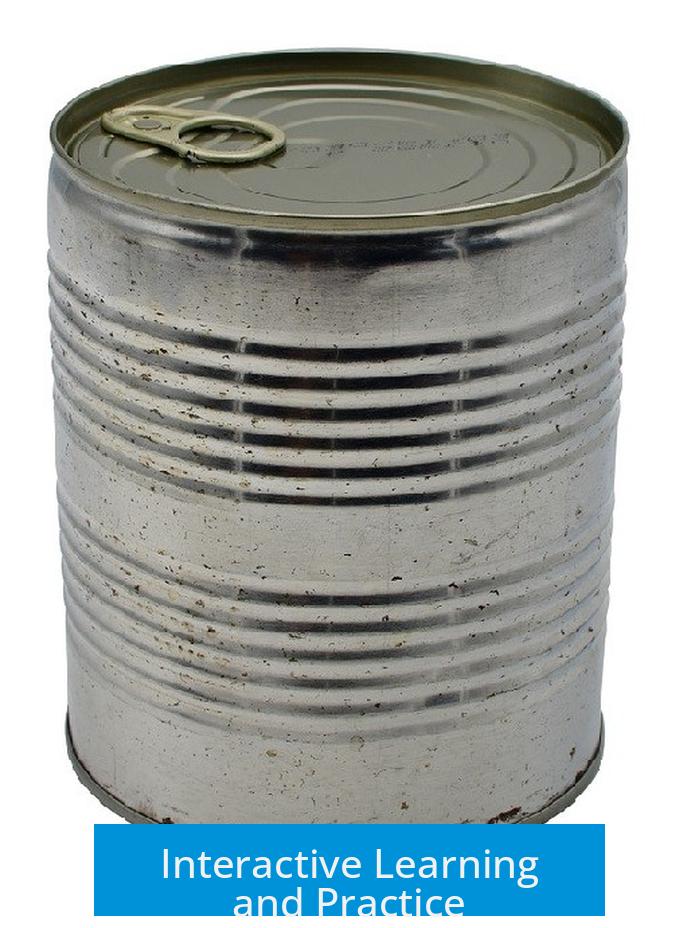
Several apps aim to engage students interactively, resembling language learning platforms like Duolingo. While a direct Duolingo-style app for chemistry is rare, Crash Course with its interactive quizzes partly fills this gap. Complementing video-based learning with quizzes helps learners grapple with chemical equations and concepts actively.
Additional Resources for Chemistry Learners
- Khan Academy: Offers comprehensive video lessons though it lacks an integrated quiz app for chemistry.
- Textbooks and real-world examples: Using textbooks alongside studying practical applications like water treatment and purification links theory with real chemistry contexts.
Key Takeaways
- Crash Course app is the top recommended interactive chemistry learning tool.
- YouTube channels like Organic Chemistry Tutor and Professor Dave Explains offer complementary video lessons.
- Mechanisms and ReactionFlash apps aid organic chemistry through targeted mechanism practice.
- Combination of video, quizzes, and real-world examples maximizes chemistry understanding.
Can Anyone Recommend a Good App for Learning Chemistry? Let’s Dive In!
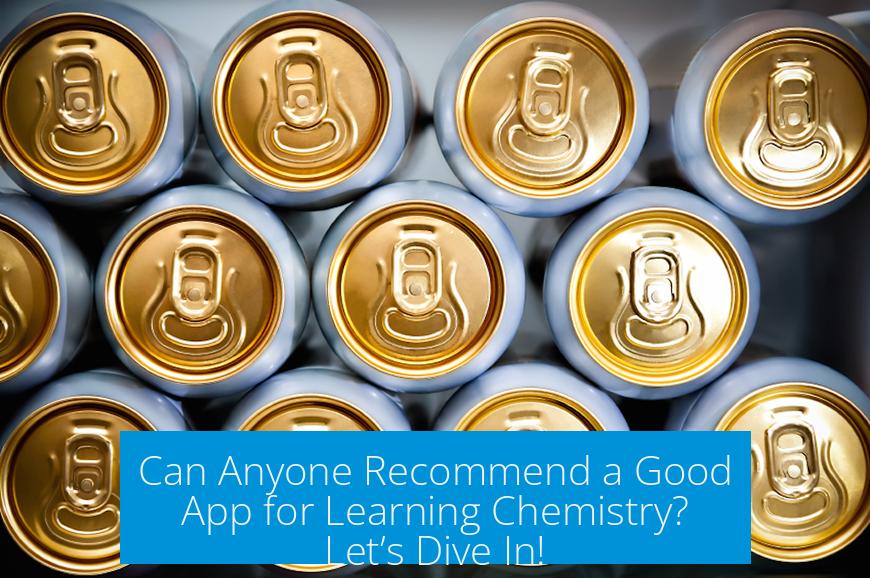
If you’re hunting for a good app to learn chemistry, yes, there are excellent options out there that blend videos, interactive quizzes, and detailed explanations. You want more than passive watching—you want to wrestle with equations, master mechanisms, and get your hands dirty, figuratively speaking. So, what stands out?
Before you bail on good old textbooks, hear this: the digital world offers chemistry learning tools that mimic the engagement of Duolingo-style apps but with proton swaps and electron pushes.
Start with YouTube-Based Learning Apps That Give You More Than Just Videos
YouTube channels often get a bad rap for simplicity, but some creators take chemistry seriously. Take Organic Chemistry Tutor. This isn’t just “organic chemistry only.” His videos cover inorganic, analytical, and general chemistry topics too, making his channel a versatile hub. Plus, his clarity shines through each step, so you won’t get lost in the jargon forest.
Now, what if you want to learn *and* practice actively? Enter Crash Course. Their app has over 1,000 interactive questions begging you to test your new knowledge. Think of it as the ultimate chemistry boot camp where the quizzes keep you honest. The combination of videos and practice is powerful and engaging.
If you prefer a blend of chemistry and physics, Professor Dave Explains delivers solid explanations for both subjects. The style is no-nonsense with clear visuals, making complex ideas easier to grasp.
Organic chemistry lovers, especially, might fancy Leah4sci. She focuses solely on organic chemistry and dives deep into mechanisms, something many learners wrestle with at first.
Chemistry-Specific Apps and Websites That Make Mechanisms Fun (Yes, You Read That Right)
If mechanisms make your head spin, fear not—apps like ReactionFlash are designed to reference reaction mechanisms quickly. Unlike a textbook full of dense pages, ReactionFlash pulls up what you need, when you need it.
Then there’s yorGo and its refined cousin, Mechanisms. These apps zero in on organic chemistry mechanisms and use visuals that feel like you’re sketching your understanding in real-time. Perfect for turning abstract mechanisms into memorable mental images.
For those who want quick drills and quizzes, Chem Simplified offers a website loaded with online quizzes. This is a good stop if you want interactive tests without app installations.
Online Tutors and Apps That Cover All the Chemistry Bases
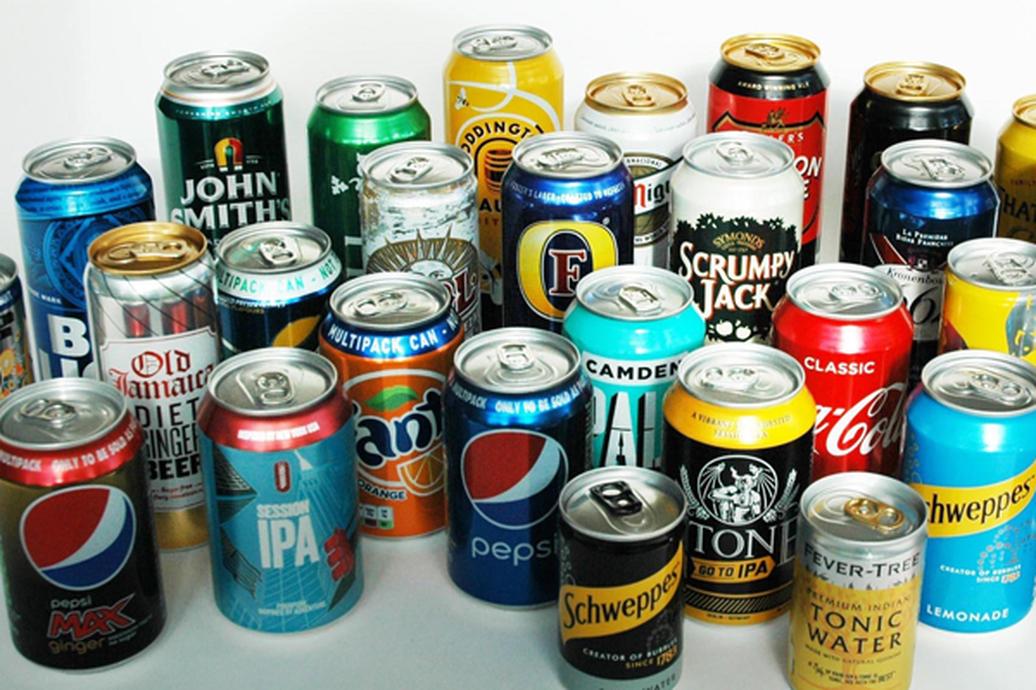
An all-rounder worth mentioning is the Orgo CHEM Tutor. This one covers organic, inorganic, and physical chemistry. Having a tutor app that spans several branches means smooth transitions between topics without switching platforms.
What Makes These Apps and Resources Good for Chemistry Learners?
- Interactivity: Practice is king. Instead of passive watching, apps like Crash Course’s interactive mode and Chem Simplified quizzes force you to apply knowledge immediately.
- Comprehensive Coverage: From general chemistry to the challenging organic mechanisms, platforms like Organic Chemistry Tutor and Mechanisms apps cater to all levels and subtopics.
- Accessible Format: No need to lug textbooks. Watch videos, take quizzes, and visualize reactions on your phone or tablet.
- Community and Updates: Channels and apps often update content and engage users, keeping you motivated with fresh material.
And What About Alternatives Like Books or Real-Life Chemistry?
While apps rock for hands-on practice and explanations, don’t forget the value of traditional books. Chemistry textbooks provide depth and structure. You might want a solid chemistry book for foundational theory alongside your app usage.
Oddly enough, real-life chemistry applications, like plumbing or water purification, are a fun way to grasp chemistry outside the screen. Ever thought about how pH, thermodynamics, and pressure play in water treatment? Practical experience can anchor tough concepts.
Putting It All Together: A Sample Learning Plan
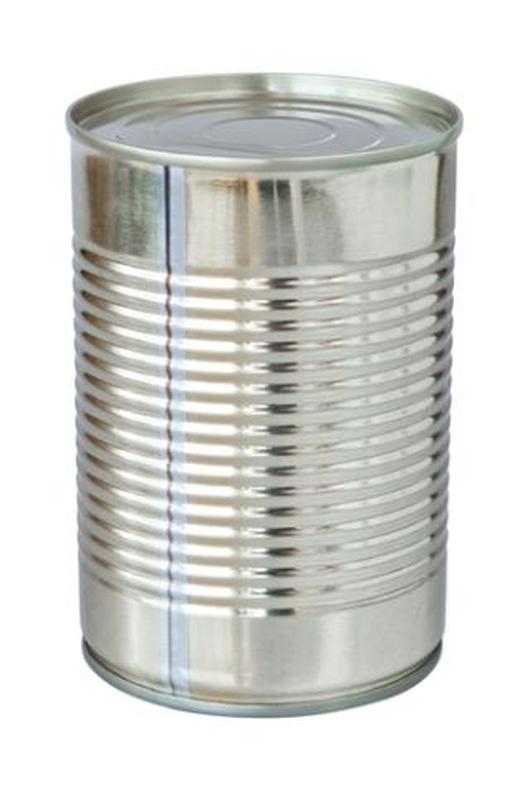
- Start by watching Crash Course chemistry videos for a broad overview and quiz yourself with their app.
- Dig deeper into specific topics with Organic Chemistry Tutor and Leah4sci for organic chemistry.
- Use Mechanisms or yorGo apps to master detailed reaction mechanisms interactively.
- Supplement with Chem Simplified quizzes for quick topic drills.
- Check out Professor Dave Explains if you want integrated physics and chemistry insight.
- For a tutor-style approach, try Orgo CHEM Tutor app covering multiple branches.
Does This Sound Like a Cheat Sheet for Learning Chemistry? Not Exactly.
It’s more like your treasure map for navigating the complex but fascinating world of chemistry learning apps and resources. The beauty is, you get to tailor this combo to your style.
So why just watch when you can interact, quiz yourself sharply, and truly learn? Chemistry apps and YouTube channels now do what a textbook can’t: make chemistry stick.
Ready to sharpen your science skills? Stop scrolling and start solving!
What is a good app for learning general chemistry interactively?
Crash Course offers a free app with over 1050 interactive practice questions. It covers general chemistry in depth and is very popular among learners seeking a hands-on approach.
Are there apps focused on organic chemistry mechanisms?
Yes, yorGo and Mechanisms apps specialize in organic reaction mechanisms. Mechanisms is a refined version of yorGo, providing detailed step-by-step guidance.
Can YouTube channels be effective for learning chemistry?
Channels like Organic Chemistry Tutor and Professor Dave Explains provide solid videos covering various chemistry topics. They can be paired with apps to test your knowledge.
Is there an app similar to Duolingo for chemistry practice?
While no exact Duolingo-style chemistry app exists, interactive apps such as Crash Course and ReactionFlash offer practice that requires active problem-solving and recall.
Which apps or websites offer chemistry quizzes to test understanding?
Chem Simplified’s website offers online quizzes for various chemistry topics. ReactionFlash also supports mechanism review through flashcards and quizzes.


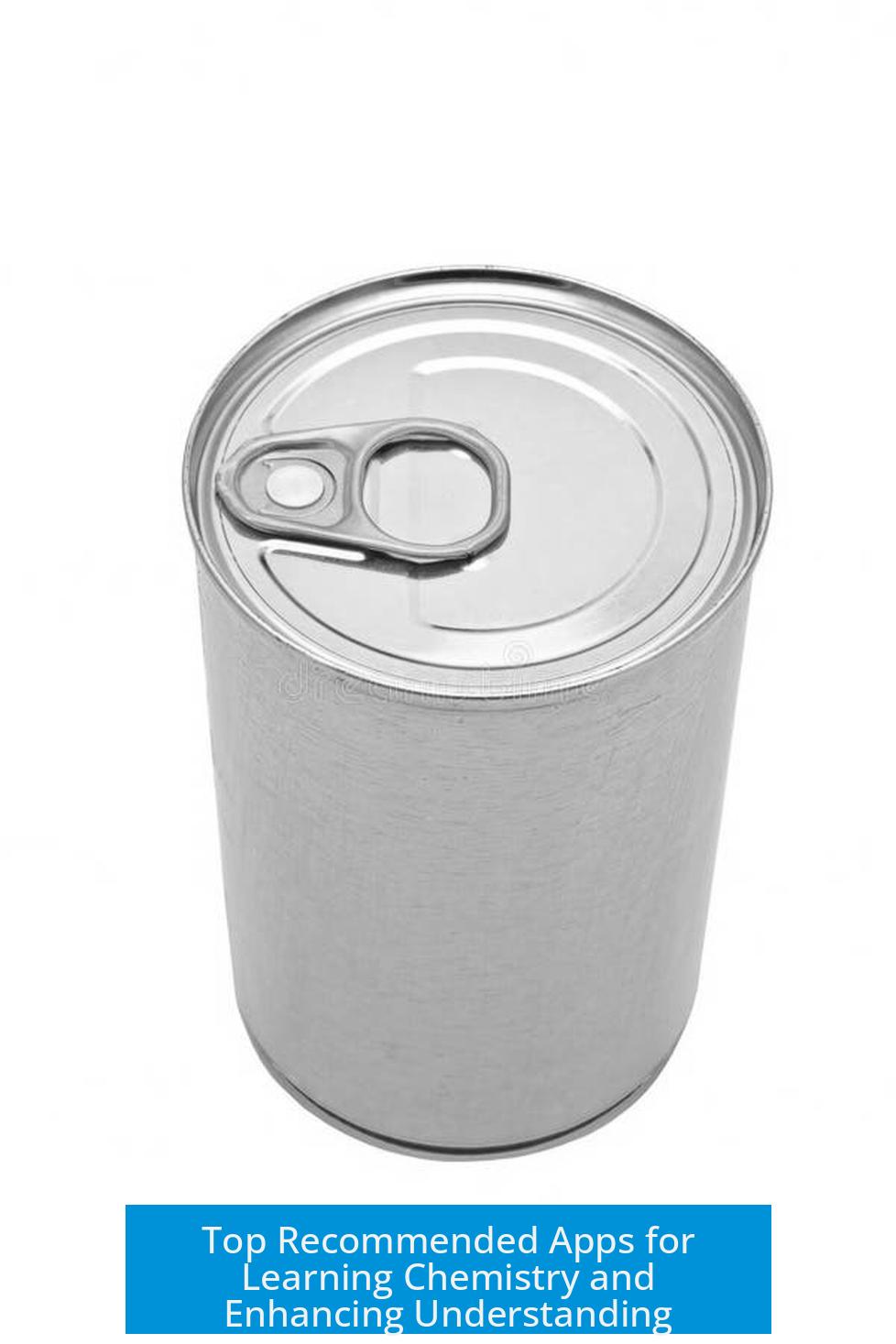
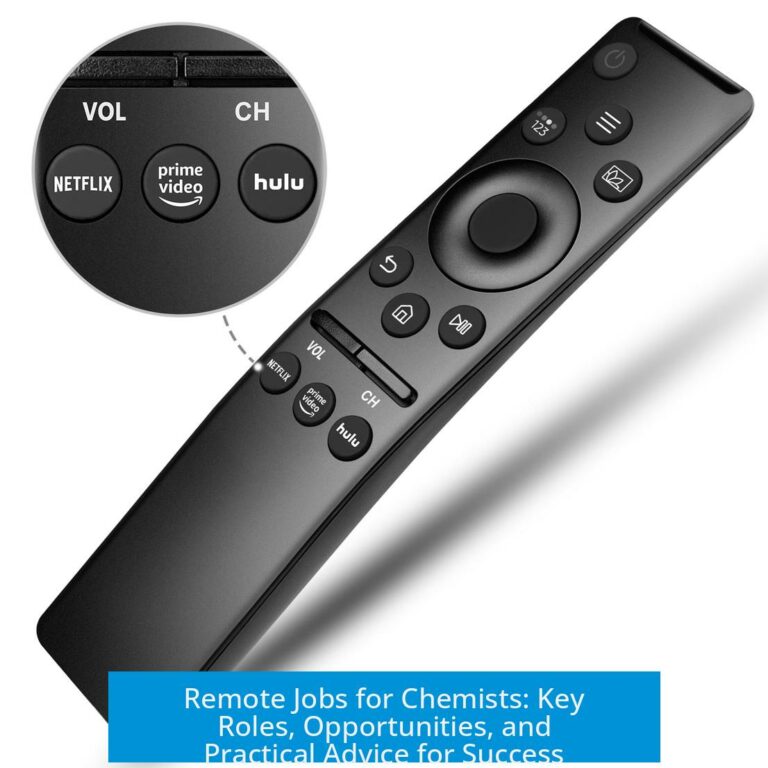

Leave a Comment